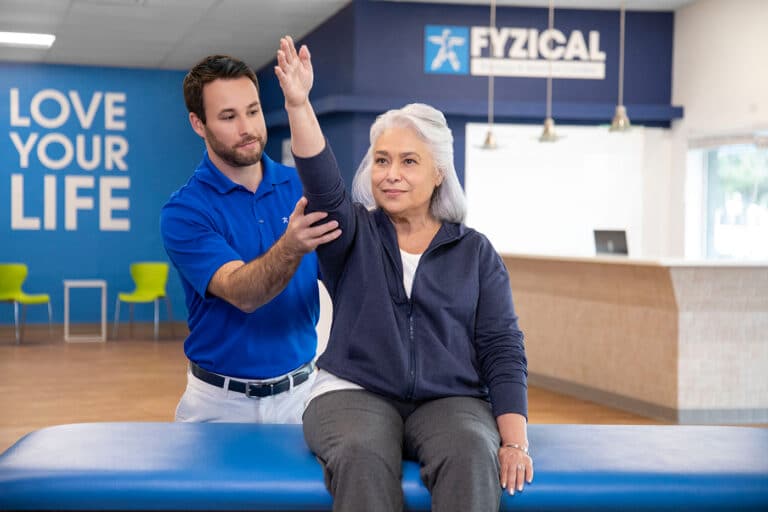The truth is doctors and scientists don’t know what causes most types of cancer. Yes, some lifestyle behaviors, such as smoking, can increase your risk. Hereditary factors sometimes play a role, like if breast cancer runs in your family. And sometimes — in rare circumstances — cancer can be triggered by a virus.
It doesn’t happen in most people, says medical oncologist Dale Shepard, MD, PhD. But viruses can cause some cancers, particularly in people with high-risk behavior such as:
- Using intravenous drugs and sharing needles.
- Having unprotected sex with multiple partners.
- Choosing not to be vaccinated against certain viruses linked to cancer.
Why you won’t get cancer from the flu
It’s not just any virus that can trigger cancer. It’s only the viruses that affect certain types of cells in your body. And even then, it’s only in certain cases, explains Shepard.
Here’s how it happens:
A virus enters a healthy cell.
It attaches to the cell’s DNA and tries to change the genetic code, instructing how your body is built and maintained. That causes the cell to behave abnormally. Some abnormal cells replicate out of control, creating a cancerous tumor.
Viruses linked to cancer
Most viruses, like those that cause colds and flu, never get to Step 4.
“Viruses that infect your lungs and airways, for example, don’t stay in your body for long,” says Shepard. “Even if the virus enters your airway cells and attaches to your DNA, your immune system will get rid of those faulty cells quickly. However, cells in other areas of your body, like your liver, don’t refresh as fast. Infections in those cells can become more dangerous.”
There are few viruses that have been linked to cancer. Yet some of them are quite common.
- Epstein-Barr virus (EBV). This virus is best known for causing mononucleosis (mono). Most people in the U.S. will get EBV at some point, whether or not they actually get sick. EBV will stay in your body for life, usually not causing problems. However, EBV can sometimes trigger a type of lymphoma, cancer of the lymphatic system.
- Hepatitis B and C. These viruses spread through contact with infected blood and having sex with an infected person. People with these viruses have hepatitis (inflamed liver). If the infection lasts a long time, it can permanently damage your liver, called cirrhosis. Cirrhosis can lead to liver cancer.
- Human herpes virus 8 (HHV-8). This virus is spread mostly through sexual contact. While it does not cause symptoms in most people who have it, it can cause Kaposi sarcoma, especially in people with a weakened immune system.
- Human immunodeficiency virus (HIV). HIV is spread through contact with infected blood and having sex with an infected person. While best known for causing AIDS, HIV infects white blood cells and weakens your immune system. That increases your risk of all kinds of disease, including cancer. HIV is linked with Kaposi sarcoma, lymphoma, head and neck cancers and anal cancer.
- Human papilloma virus (HPV). This virus can infect your skin or mucous membranes. Sometimes it causes genital warts. You can catch HPV through sexual activity, and most sexually active people have at least one HPV infection during their lifetime. Usually your immune system will get rid of the infection, but sometimes HPV can cause cervical cancer. It also can cause some head and neck cancers, like throat cancer.
“It’s unclear why these viruses react differently in different people,” says Shepard. “There’s no way of knowing who might get cancer because of a viral infection.”
How to protect yourself
The best way to protect yourself from virus-induced cancer is to protect yourself from getting the virus in the first place. That includes avoiding high-risk behaviors, such as having unprotected sex, using illegal drugs and sharing needles.
Just as important is getting proper vaccinations, says Shepard. Vaccines are available for hepatitis B and HPV.
“These vaccines can significantly decrease your risk of infection, so they really do impact your cancer risk,” says Shepard. “Although there are no vaccines for hepatitis C and HIV, we now have medications that can minimize the amount of virus in your body if you do get infected.”










